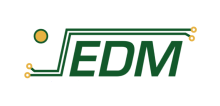Partner Events
Adaptive sensing & control of uncertain systems, key enabling technologies for machines of the future
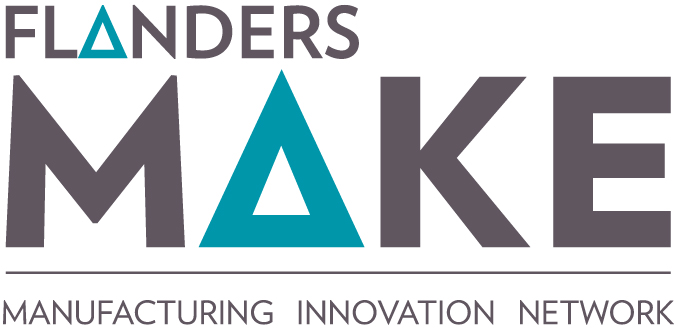 Flanders Make invites you to a seminar focusing on the adaptive sensing & control of uncertain systems. This seminar will take place on Thursday, 28 May 2015 at Sirris, Technologiepark 935 in Ghent.
Flanders Make invites you to a seminar focusing on the adaptive sensing & control of uncertain systems. This seminar will take place on Thursday, 28 May 2015 at Sirris, Technologiepark 935 in Ghent.
Modern machines deal more and more with non-deterministic processes that need to be sensed and controlled properly. In both the ‘Adaptive Sensors’ and the ‘Stochastic Control’ project, Flanders Make and its project partners gained innovative insights in this matter.
The activities for both projects have been defined on the basis of on analysis of current industrial practices and are driven by concrete and practical challenges of companies from the mechatronics industry.
Speakers will therefore not only explain the technical approach of the project, but also talk about the insights and solutions to practical challenges encountered during their research.
Invited speakers from both academia and industry will also present a broad overview of the considered topics. Finally, a panel session will be organized with representatives from both sides.
Click here for more info.
2nd 'European Expert Workshop on Reliability of Electronics and Smart Systems'
After the start in 2013, we would like to es-tablish EuWoRel as an annual event. It shall become a platform addressing the concerns of reliability, robustness, and functional safety of new products and technologies in the field of electronics and smart systems. In particular, the direc-tions of the further research on reliability methodology shall clearly be visible, not only for the electronics packaging community in industry and academia but also for the representatives of funding agencies at national and European levels.
Click here for more info.
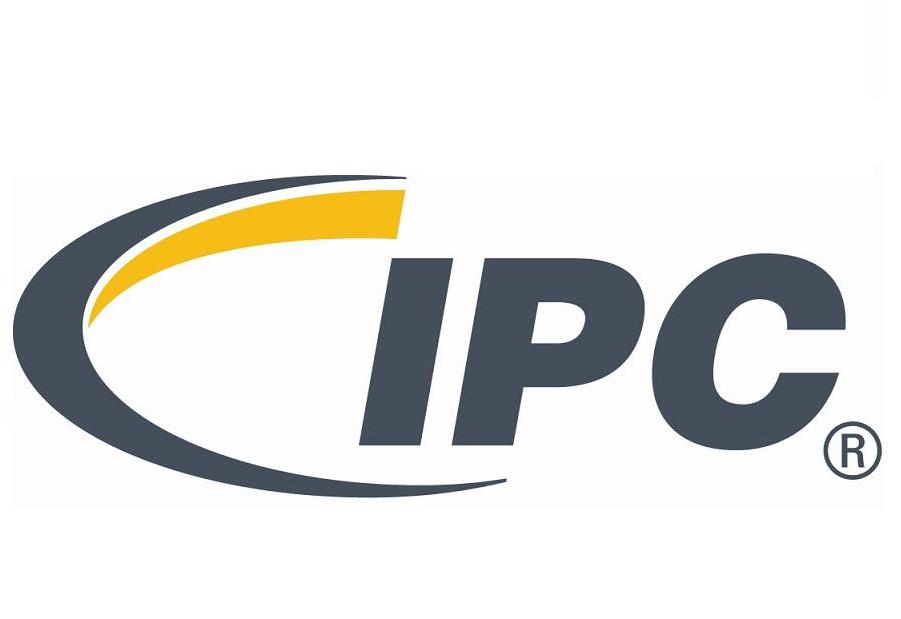 From aerospace to automotive to telecommunications to medical devices, reliability has never been more critical than in today's high technology electronic products. Co-developed with technologists from top companies, including Thales, Continental Automotive, EADS, Robert Bosch, Celestica and Zestron, this two-day technical conference will bring together experts from industry and research institutions to explore critical reliability issues facing European electronics designers and manufacturers. It opens with a choice of one half-day workshop (one focused on fundamentals, the other offering advanced education) followed by paper presentations in four key areas:
From aerospace to automotive to telecommunications to medical devices, reliability has never been more critical than in today's high technology electronic products. Co-developed with technologists from top companies, including Thales, Continental Automotive, EADS, Robert Bosch, Celestica and Zestron, this two-day technical conference will bring together experts from industry and research institutions to explore critical reliability issues facing European electronics designers and manufacturers. It opens with a choice of one half-day workshop (one focused on fundamentals, the other offering advanced education) followed by paper presentations in four key areas:
- Electrochemical Migration
- Impact of High Temperatures on Design, Process and Assembly
- Advanced PCB Materials and Technology
- Solder Joint Reliability
Click here for more info.
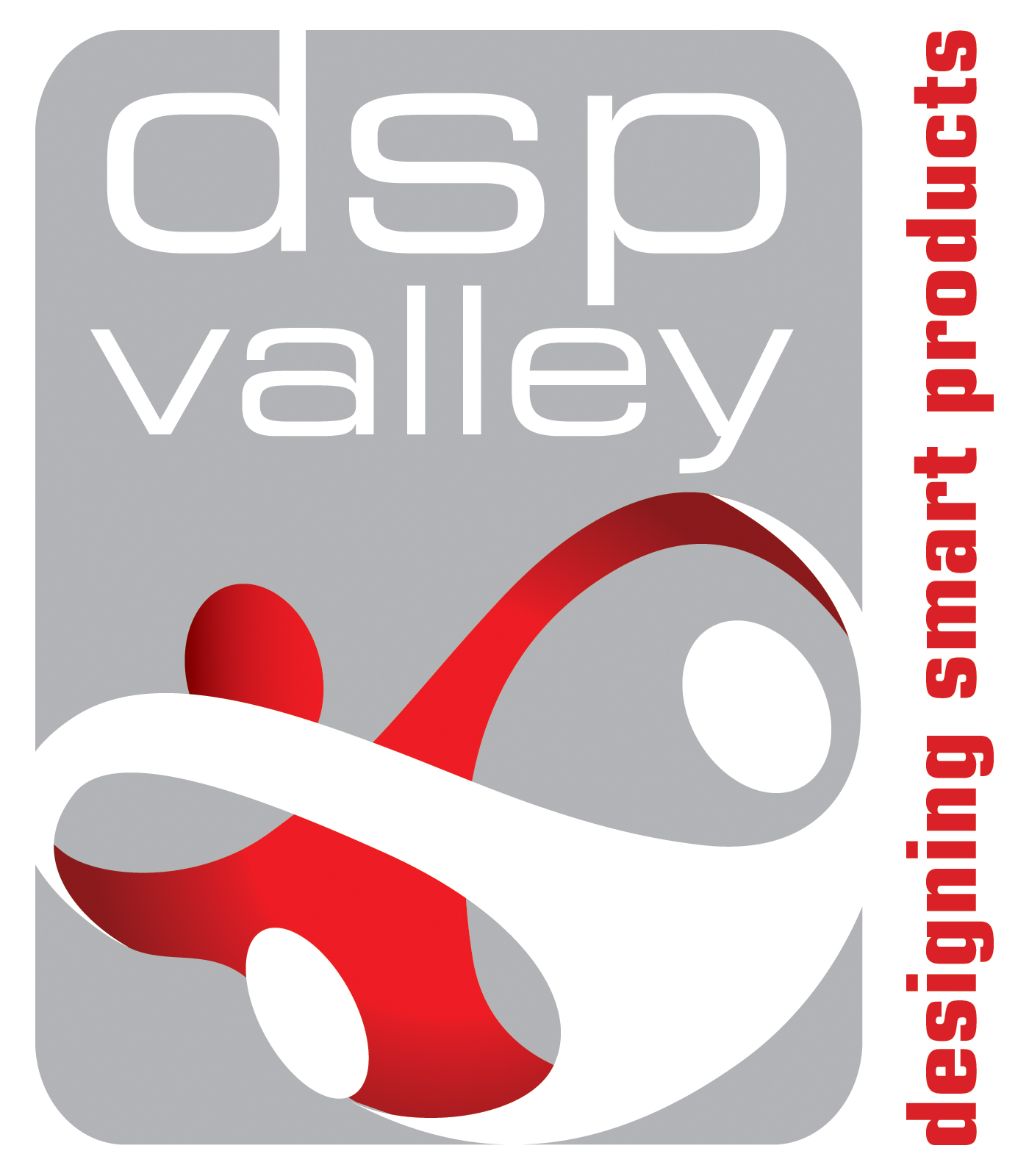 In februari 2013 is DSP Valley (samen met partner imec) gestart met het project GEzonder door Nano-Elektronica En Slimme Specialisatie (GENEESS). Doel is om de inzet van nano-elektronica als sleuteltechnologie te stimuleren in Vlaanderen, specifiek op het veelbelovende domein van de medische technologie. GENEESS will partijen uit de hele waardeketen bij elkaar brengen (van componentenbouwers tot zorgverstrekkers) om samen te bouwen aan gepersonaliseerde oplossingen voor diagnose en therapie. Focus ligt op de toestellen "dicht bij de patiënt" (draadloze monitoring devices, slimme implantaten, enz.).
In februari 2013 is DSP Valley (samen met partner imec) gestart met het project GEzonder door Nano-Elektronica En Slimme Specialisatie (GENEESS). Doel is om de inzet van nano-elektronica als sleuteltechnologie te stimuleren in Vlaanderen, specifiek op het veelbelovende domein van de medische technologie. GENEESS will partijen uit de hele waardeketen bij elkaar brengen (van componentenbouwers tot zorgverstrekkers) om samen te bouwen aan gepersonaliseerde oplossingen voor diagnose en therapie. Focus ligt op de toestellen "dicht bij de patiënt" (draadloze monitoring devices, slimme implantaten, enz.).
Het startevenement wil voor een zo ruim mogelijk publiek de activiteiten en eerste resultaten van het project voorstellen, in de aanwezigheid van boeiende sprekers uit de bedrijfswereld, onderzoekswereld en de overheid. Er zullen ook demonstraties zijn van producten en ontwikkelingen van bedrijven en onderzoeksinstellingen actief op het gebied van medische technologie.
Het project GENEESS wordt gesteund door de Vlaamse Overheid (Agentschap Ondernemen, Nieuw Industrieel Beleid).
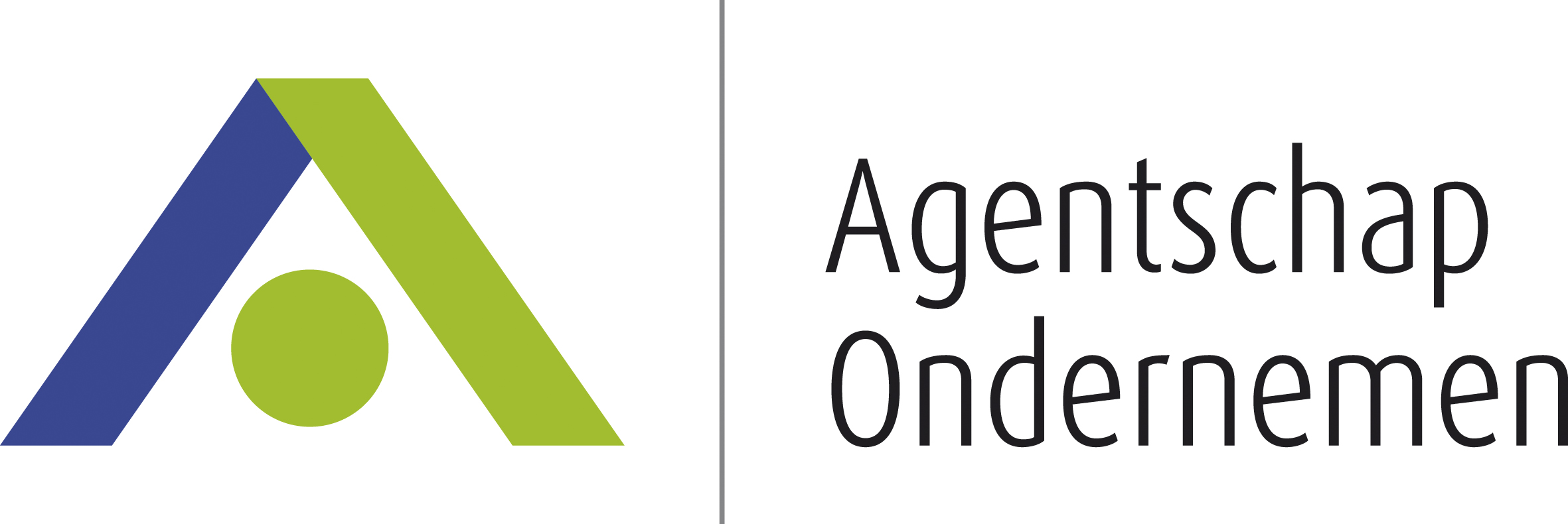

Klik hier voor meer info.
Reliability estimation of physically inspired models (Relimod)
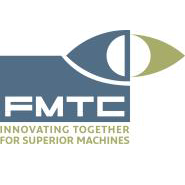 Physically inspired models are a useful means for designing better machines and vehicles. They allow for a faster control design and verification of the correct operation of the machine/vehicle through virtual tests. But how can we incorporate the different behavior of multiple machines of the same type in a single model? Or how can we rely on a model, if we do not know to what extent its behavior deviates from reality? For example, what guarantee do we have that a model-based control design will produce the expected performance on the actual machine? Or in an end-of-line test, can we use a model to evaluate whether the observed machine behavior is within acceptable tolerances? So an understanding of the reliability of the model and its parameters is necessary.
Physically inspired models are a useful means for designing better machines and vehicles. They allow for a faster control design and verification of the correct operation of the machine/vehicle through virtual tests. But how can we incorporate the different behavior of multiple machines of the same type in a single model? Or how can we rely on a model, if we do not know to what extent its behavior deviates from reality? For example, what guarantee do we have that a model-based control design will produce the expected performance on the actual machine? Or in an end-of-line test, can we use a model to evaluate whether the observed machine behavior is within acceptable tolerances? So an understanding of the reliability of the model and its parameters is necessary.
In the Relimod project, an approach is developed and demonstrated that allows quantifying the reliability (uncertainty) of the output of physically inspired models and their parameters based on a certain set of experiments performed on a realization of the mechatronic system.
Click here for more info.
Functional safety validation - Challenges and innovative solutions
 Safety is of increasing importance in industrial environments. The international standard EN-IEC-61508 defines the requirements for the functional safety circuits and the procedure for performing a safety assessment. This procedure consists of 3 steps: hazard and risk analysis, safety function definition and SIL (Safety Integrity Level) validation.
Safety is of increasing importance in industrial environments. The international standard EN-IEC-61508 defines the requirements for the functional safety circuits and the procedure for performing a safety assessment. This procedure consists of 3 steps: hazard and risk analysis, safety function definition and SIL (Safety Integrity Level) validation.
In the validation process, reliability quantification of parts used in safety instrumented systems is required.
In the VAL4SIL project different techniques for reliability quantification have been investigated. Based on this investigation a systematic integrated process for quantifying system's reliability and validating SIL for safety function is developed.
Click here for more info.
Thermal, Mechanical and Multi-Physics Simulation and Experiments in Microelectronics and Microsystems
From nano (IC) to mega (installations)

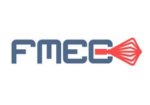 In order to avoid extra delays and costs, EMC issues have to be searched for, investigated and solved at every stage of the design process and at every level (ICs, PCBs, modules, systems,…). Moreover, legal EMC requirements are becoming more stringent as they will not only ask to show compliance at the moment of placing on the market, but also to give evidence that EMC will be maintained during the whole lifetime of the product.
In order to avoid extra delays and costs, EMC issues have to be searched for, investigated and solved at every stage of the design process and at every level (ICs, PCBs, modules, systems,…). Moreover, legal EMC requirements are becoming more stringent as they will not only ask to show compliance at the moment of placing on the market, but also to give evidence that EMC will be maintained during the whole lifetime of the product.
Within the KU Leuven, a long history exists on identifying, studying and solving EMC issues at every moment in the design cycle and at every level from IC to system. In this seminar we want to introduce you “EMC@Flanders”, a partnership of ESAT-MICAS, ESAT-TELEMIC, Labo DE NAYER and ReMI-FMEC, all members of the KU Leuven with complementary expertise related to EMC.
Design for Excellence
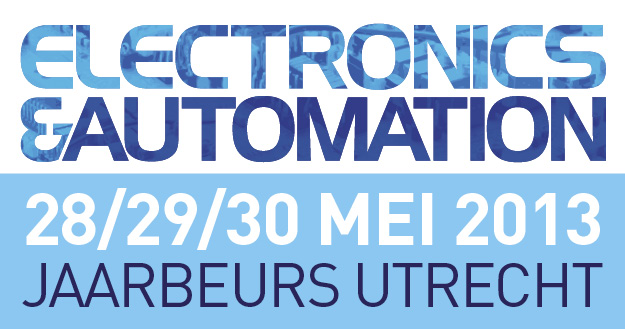 Electronics & Automation - De elektronicabeurs van de Benelux
Electronics & Automation - De elektronicabeurs van de Benelux
De beurs vindt plaats van dinsdag 28 tot en met donderdag 30 mei 2013 in Jaarbeurs Utrecht. De exposanten op deze beurs geven diverse demonstraties en seminars binnen de vakkennis van industriële elektronica.
Het conferentieprogramma bestaat uit 6 seminars.
cEDM bijdrage:
Donderdag 30 mei 09.30 - 10.00 u: Kwantificatie van kwaliteit en kwaliteitsverhoging door test
Bij het begrip kwaliteit vormt iedereen zich een eigen idee over de betekenis. Dit is erg subjectief waardoor kwaliteit een belangrijk maar weinig tastbaar begrip is. In een wereld die voor elke euro een harde realiteit vereist maakt een vage slogan “betere kwaliteit” daarom weinig indruk. Dit wordt anders wanneer we kwaliteit in harde cijfers gaan vatten. De presentatie legt uit hoe dit kan voor elektronica. Door ook het effect van test in objectieve cijfers uit te drukken transformeert test van een “overhead” kost tot een waarde creërende activiteit waarvoor de klant bereid is te betalen.
Voorkomen van faling door vibraties
 Waarom faalt een elektronische installatie en hoe is dit te vermijden? Op dergelijke vragen en uitdagingen stoten fabrikanten van producten die elektronische componenten op de markt brengen regelmatig. Binnen het VIS-traject Prosperita helpen Sirris, imec en KHBO-FMEC bedrijven het falen van elektronische systemen voorkomen en kosten besparen. Deze workshop focust op het voorkomen van falen door vibraties.
Waarom faalt een elektronische installatie en hoe is dit te vermijden? Op dergelijke vragen en uitdagingen stoten fabrikanten van producten die elektronische componenten op de markt brengen regelmatig. Binnen het VIS-traject Prosperita helpen Sirris, imec en KHBO-FMEC bedrijven het falen van elektronische systemen voorkomen en kosten besparen. Deze workshop focust op het voorkomen van falen door vibraties.
Nog tot eind 2014 loopt het VIS-traject Prosperita (PRoductverbetering dankzij Ontwerp- en SPecificatieregels voor Elektronica Realisatie en InTegrAtie) dat Sirris samen met imec en KHBO heeft opgestart. Doel van het project zijn betere elektronische producten fabriceren dankzij aangepast ontwerp en dit tegen een lagere kost. Het VIS-traject beoogt de uitwerking en verspreiding van een generieke handleiding voor PBA (Printed Board Assembly) Design-for-Manufacturing en PBA-integratie. Het initiatief wil de industrie ondersteunen bij de specificatie, ontwikkeling en fabricage van hoogwaardige, betrouwbare en kosteffectieve elektronische modules door kenniscreatie en -verspreiding, het gebruik van wetenschappelijk onderbouwde methodologieën en samenwerking doorheen de elektronische toeleveringsketen.
PBA-handleiding
Met de handleiding 'Printed Board Assembly (PBA) realisatie en integratie', ondersteund met rekentools, en collectief en individueel advies, worden een aantal nieuwe fysieke modellen ontwikkeld. Tijdens het ontwerp worden reducties beoogd op het vlak van productkost, time-to-market, prototypekost en falingskost. De praktijkgerichte PBA-handleiding, die ter beschikking wordt gesteld aan de ruime doelgroep en geïmplementeerd bij de specifieke doelgroep, zal wetenschappelijk onderbouwd zijn en praktijk getoetst door vertegenwoordigers van alle schakels van de toeleveringsketen.
Deze workshop staat in het teken van de integratiehandleiding EDM-I-001 gericht op het voorkomen van faling door trillingen en resonanties.
